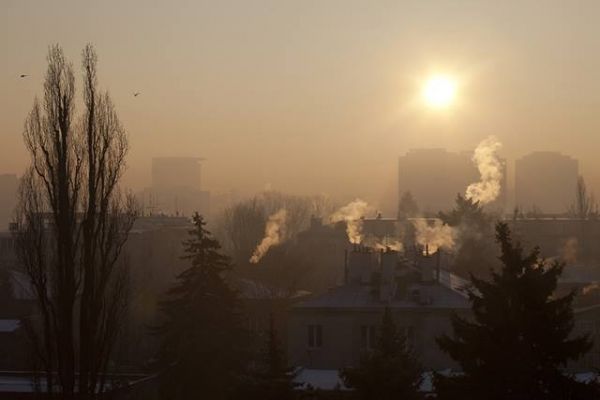For the study, researchers monitored air quality for 12 weeks in the homes of enrolled patients who had respiratory problems. They found that the HEPA filters reduced fine particulate matter by 55 percent and particulate pollution outside coming inside was reduced by 23 percent.
Fine-particulate matter, also known as PM2.5, are small airborne particules often found in areas with heavy air pollution levels. The size of PM2.5 particles is roughly 3 percent of the diameter of a piece of human hair. When inhaled, they can lead to respiratory problems, heart attacks, or exacerbate symptoms of people who already have respiratory problems like chronic obstructive pulmonary disease or asthma.
In the winter in Utah, temperature inversions often trap cold, dirty air inside the Salt Lake Valley -- which gives Utah some of the worst air in the country. During these inversions, researchers tested the efficiency of HEPA filters inside the home.
Continue reading at Intermountain Healthcare
Image via Intermountain Healthcare


